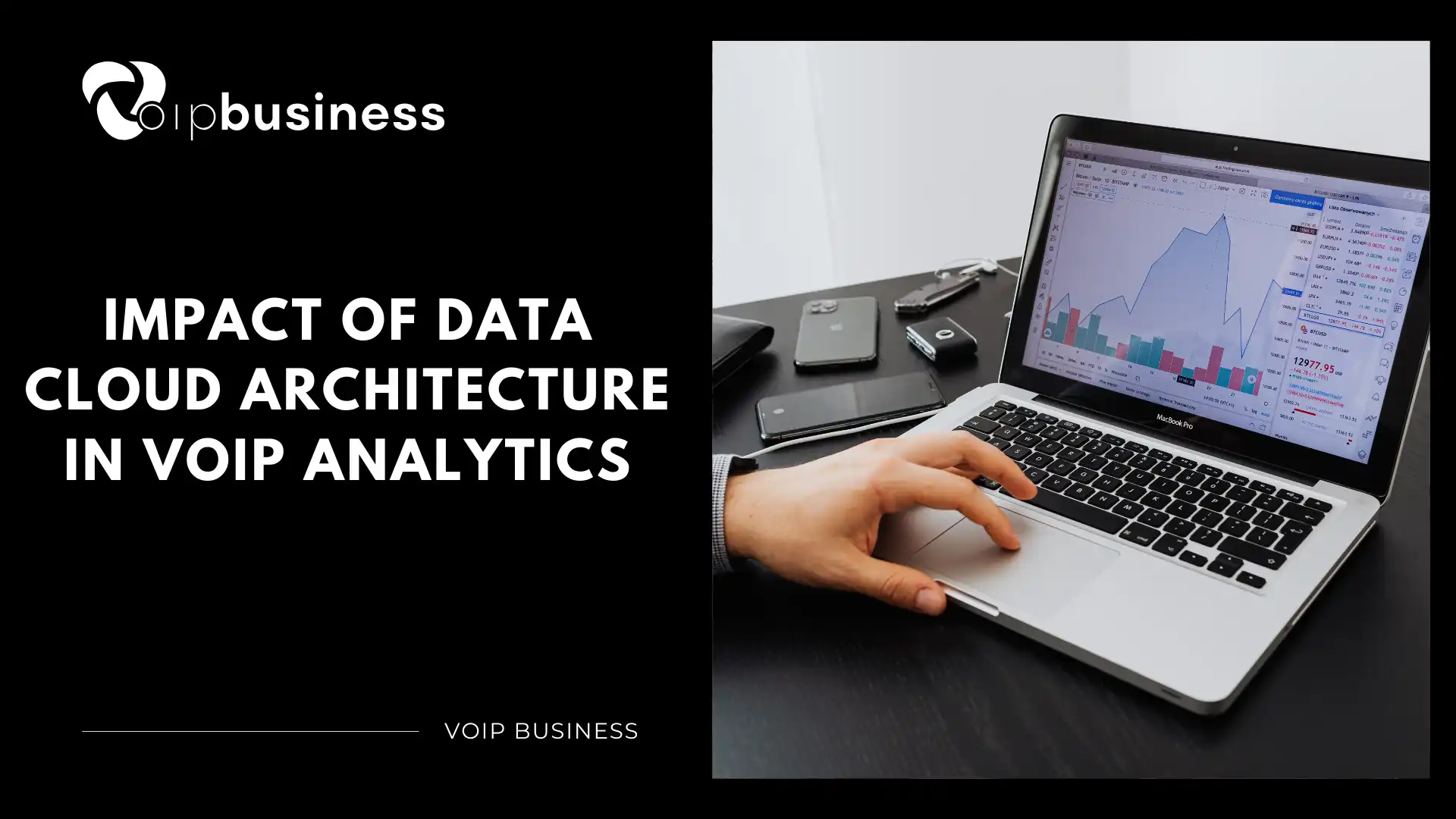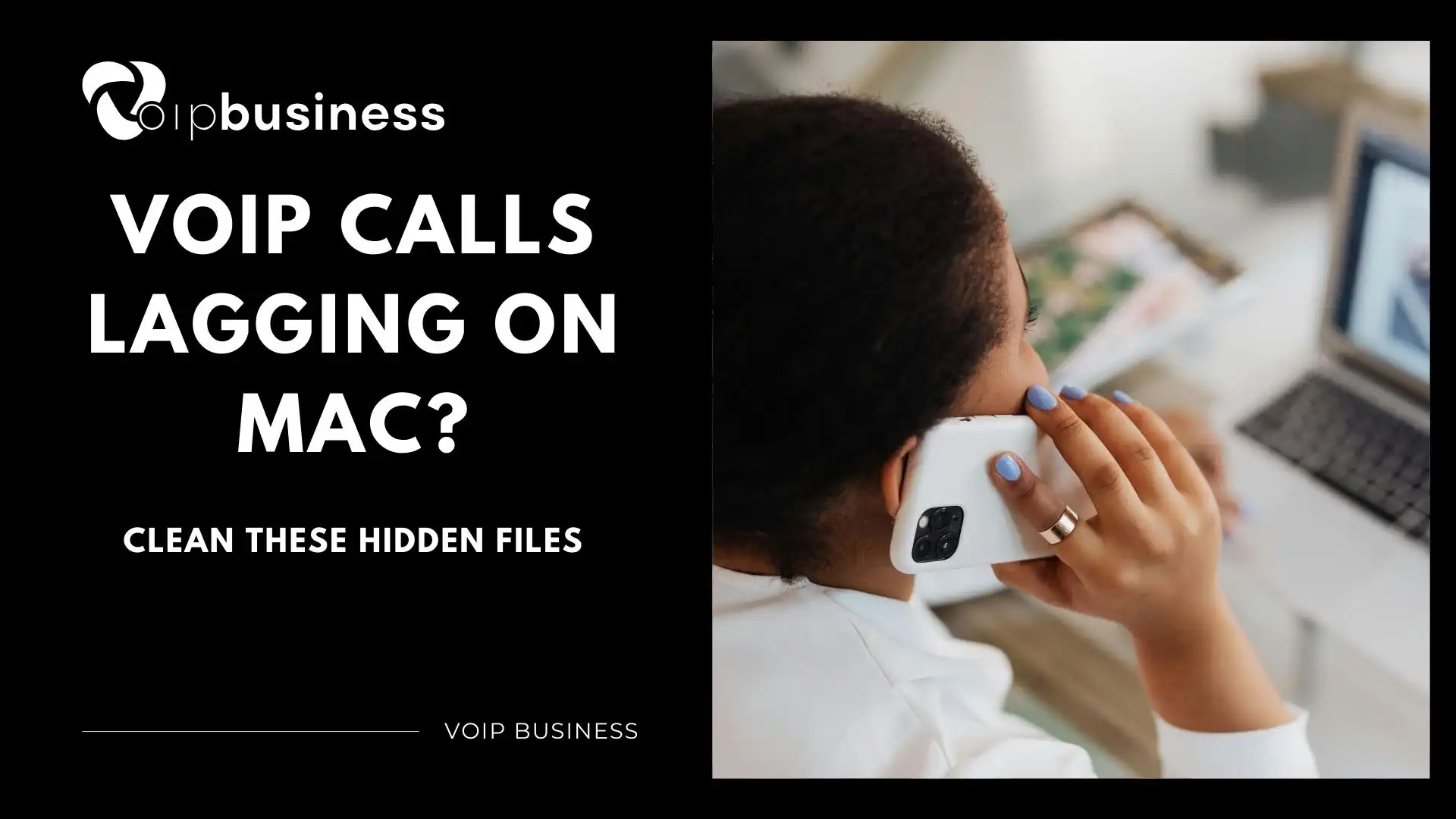Let’s face it—remote work isn’t going anywhere. For many businesses, it has become the new normal, and with it, VoIP calls have turned into the backbone of daily communication. They’re cheap, flexible, and reliable. But here’s the flip side: once people start making these calls from home Wi-Fi or a random café hotspot, the security picture changes completely.
I’ve seen it happen too many times—an employee jumps on a quick VoIP call from the airport, thinking nothing of it, while the connection is wide open for anyone with the right tools to snoop. That’s where VPN steps in. They’re not just a “nice-to-have,” they’re one of the simplest ways to lock down conversations that weren’t meant for outside ears.
Why You Should Care About VoIP Security?
Think of how much information is shared on a normal business call: contracts, client details, maybe even financial numbers. Now imagine all of that flowing across an unsecured network. Not a good picture, right?
With remote work, this risk multiplies because employees connect from all sorts of places. Traditional office firewalls can’t protect them once they’re out in the wild.
Weak Points Everyone Forgets
- Eavesdropping – Hackers love unencrypted calls. If the voice data isn’t locked down, they can capture it in real time.
- Weak Wi-Fi at Home – Old routers, easy-to-guess passwords, default settings… attackers don’t even need to try hard.
A VPN closes these doors by building a secure, encrypted tunnel before the call even starts.
Why Firewalls and Antivirus Aren’t Enough?
Sure, your company might already use antivirus programs and firewalls. That’s good, but let’s be honest—they weren’t built to protect VoIP traffic. Today’s attacks are more advanced. To truly secure conversations, you need encryption on the call itself. That’s exactly what a VPN provides.
What a VPN Actually Brings to VoIP?
When people think of VPNs, they usually think about browsing safely or streaming Netflix from abroad. But for remote teams, they’re a game-changer for VoIP too.
Here’s why:
- Privacy Shield – Employees’ real IP addresses stay hidden, making targeted attacks harder.
- Access Anywhere – If a VoIP service is blocked in a region, a VPN can get around that, so work doesn’t stop.
Honestly, firing up a VPN isn’t rocket science. You don’t need to be some tech wizard—just pick a solid provider. Look for the good stuff: beefy encryption, loads of servers, and low lag. Nobody’s got time for glitchy calls.
Next, slap that VPN app on your laptop, your phone, maybe even your grandma’s toaster if it’s got Wi-Fi. If you’re feeling fancy, tell your router to give VoIP traffic the VIP treatment—no more dropped calls during that super important meeting (or, let’s be real, your weekly D&D session).
Give it a spin. Make a few calls. If everything sounds buttery smooth, you’re golden. If it’s more robot disco than human conversation, try bouncing to a different server or fiddling with some settings. No shame in a little trial and error.
Final Thoughts
Remote work is awesome—freedom, flexibility, pajamas—what’s not to love? But yeah, it’s also a playground for cyber creeps. VoIP is slick, but without some protection, you might as well be broadcasting your calls on a giant megaphone. Slapping a VPN on top? Quick win. Keeps your chats locked down and your data out of the wrong hands.
Oh, and don’t forget the basics: update your apps, use passwords that aren’t “password123,” and maybe steer clear of that coffee shop Wi-Fi with a name like “FBI Surveillance Van.” Do all that, and you can work from the beach or your couch—no sweat.
Read More : History of VoIP and Internet Telephony: From The 1920s To Present Day



